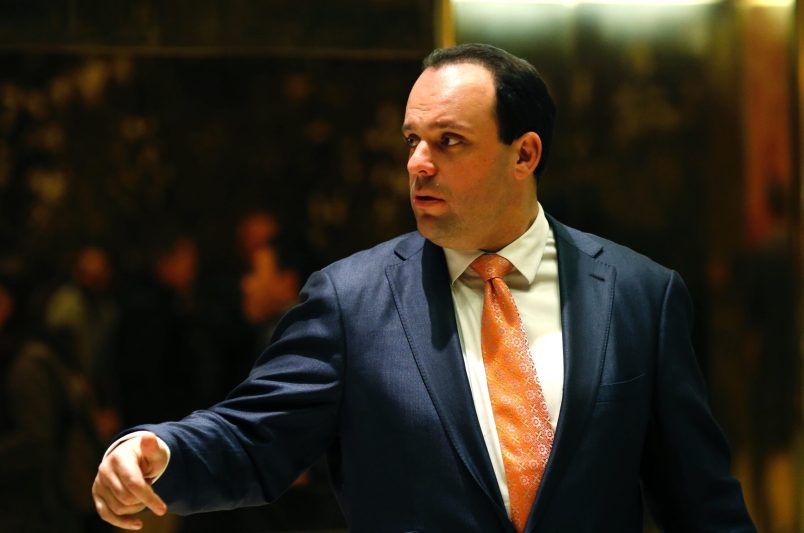In a recent monograph Ornamentalism, the historian David Cannadine argued that class rather than race was at the heart of the British Empire at its apogee. The British used their empire to replicate an idealized vision of Britainâs hierarchical class system in the colonies.
Just as the home country was becoming increasingly democratic and dukes and earls were becoming anachronisms, Britons (or at least the ones who ran the empire) tried to recreate that vanishing hierarchical class- and status-based society in the colonies. Cannadine figures that thatâs why you had all the campish pomp, ceremony and extravagant trappings of the empire. It was a grand act of compensation, remaking or preserving in the colonies what was being lost at home.
You can find other examples of this pattern. The early missionary enterprise in the Spanish empire, for example, had a similar dimension. The Franciscan and Dominican friars who evangelized the New World saw the discovery of America as an opportunity to put right all that had gone wrong during the first fifteen centuries of Christianity.
Christianity in the New World wouldnât just be as good as that of the Old World, but better. At least as they imagined it, America provided a blank slate, where the edifice of Christianity could be built right from the ground up, free of all the accidents or history and the corruptions and complications of the Old World.
You might call it blank-slatism. Colonized or occupied countries become prey to the philosophical imaginings and unrealizable political wish-lists of the home countries. Privatizing everything is a pretty hard slog at home? Letâs do it in Iraq where we control the whole show. School choice? Hey, teachers unions are nowhere to be found in Iraq. Letâs try it there.
Down in the details of the reconstruction of Iraq there have already been plenty of examples of this. But now we see the most obvious and Iâd say the most bizarre example of this in Iraq. As the Washington Post reports on Sunday, Paul Bremer has just announced the imposition of a 15% flat tax on Iraq.
The Post article is made up largely of conservative flat-taxers like Grover Norquist crowing about how good a thing this is. “It’s extremely good news,” Norquist told the Post. And though Bremer’s pronunciamento leaves some ambiguity about whether Iraqis might face graduated levels of taxation under 15%, Norquist says “they told me it’s a flat rate and it appears as though it’s a flat rate … It might be a hint to the rest of us.”
Conservative economist Bruce Bartlett makes the blank slate argument pretty explicitly. With so little in place, he told the Post, there is no âneed not worry about all the political and transition problems that have made adoption of fundamental tax reform here so difficult.â
Indeed.







